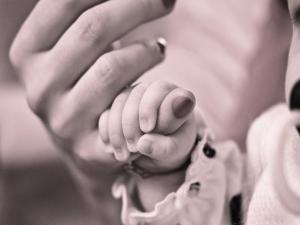
By Q Radio News
Academics from Queen’s University Belfast and Ulster University are leading on a new research project examining the history of mother and baby homes and Magdalene laundries in Northern Ireland.
The Northern Ireland Executive agreed to the establishment of an Inter-departmental Working Group to review the evidence relating to Mother and Baby Homes and Magdalene Laundries. This project has been commissioned by the Department of Health since the Executive acknowledged that there was limited knowledge about their operation in Northern Ireland.
Professor Sean O’Connell, from the School of History, Anthropology, Philosophy and Politics at Queen’s University Belfast and Dr Leanne McCormick, from the School of Arts and Humanities at Ulster University are leading the research team on the 12 month project.
The researchers will examine archive records held by the state, churches and relevant voluntary organisations with the primary task of preparing a detailed report on the day-to-day operation and practices within Northern Ireland’s mother and baby homes and Magdalene laundries. The report’s finding will inform future deliberations about a possible public inquiry on this subject.
The research project will also have an oral history element and the research team is appealing for any volunteers who would like to share their story. Professor O’Connell said: “Over the course of the past century, hundreds of women made the journey from their homes across Northern Ireland to a number of mother and baby homes run by Catholic and Protestant organisations, as well as by the State.
“A smaller number of residential homes operated as so-called Magdalene laundries and a large number of women worked in them, for various lengths of time. We know a lot about the general history of these mother and baby homes and Magdalene homes; for example they were all closed by the 1980s and 1990s. However, much is unknown about the circumstances in which young women found themselves in these institutions.
“Questions centre on the conditions the women encountered, the work tasks they performed, the amount of control they had over decisions around adoption of their babies. In the case of Magdalene laundry homes the research team need answers to questions such as how residents came to enter them, what living and working conditions were like and the average period of time they spent there.”
Dr McCormick commented: “We are encouraging women who experienced life as a resident of a mother and baby home and/or a Magdalene laundry to come forward and share their stories and participate in this important study. We also welcome input from those professions such as social workers and medical practitioners who may have knowledge and experience of these institutions that may be valuable to this study.
“In coming forward for a research study of this kind, we understand these experiences are deeply personal and may be distressing not only for the individuals involved but also their wider family circle. We can reassure any participants that the research will be conducted in a sensitive manner and that there will also be support systems in place for those who choose to come forward to share their personal testimony. The identities of all interviewees will also be anonymous and will not be revealed without their written permission.”
The research team also want to record interviews with anyone who worked in a mother and baby home or a Magdalene laundry in Northern Ireland, or who gained knowledge of these institutions because of their work. This could include those working in the following categories at any point before the 1990s:
- Members of religious orders
- Clergy
- Social workers
- Family welfare officers
- Individuals employed by adoption agencies
- Doctors
- Nurses
- Midwives
- Health and safety inspectors.


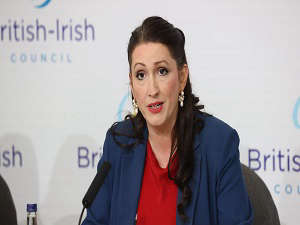 Emma Little-Pengelly will not attend Catherine Connolly inauguration
Emma Little-Pengelly will not attend Catherine Connolly inauguration
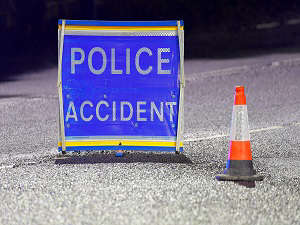 Pedestrian killed in Magherafelt crash
Pedestrian killed in Magherafelt crash
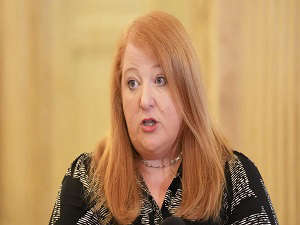 Long confident over pay award for Northern Ireland police officers
Long confident over pay award for Northern Ireland police officers
 Pay parity for NI healthcare workers to finally be delivered – Nesbitt
Pay parity for NI healthcare workers to finally be delivered – Nesbitt
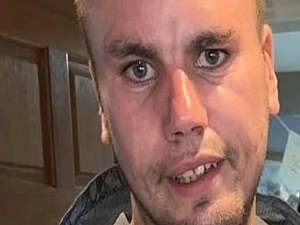 Man in court charged with murder of Jordan Webb
Man in court charged with murder of Jordan Webb